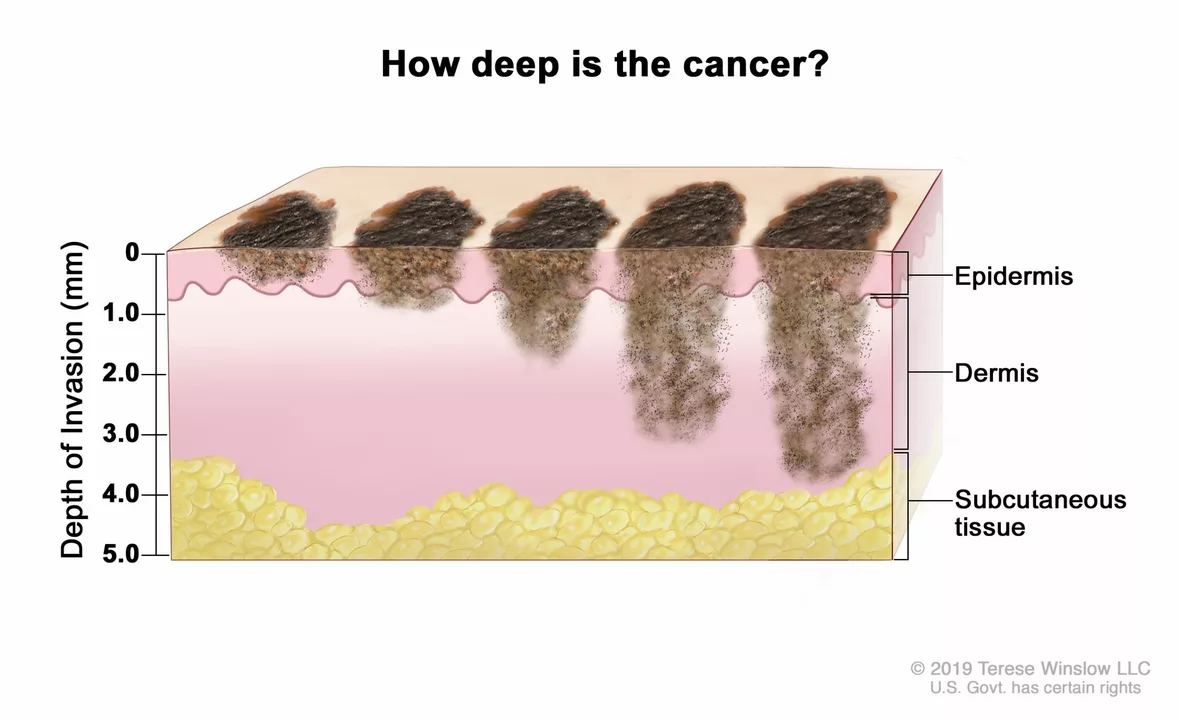Cancer Connection: How Medications and Supplements Can Affect Cancer Care
Cancer treatment is complex and so is the medicine people take alongside it. A drug you think is harmless — an antibiotic, sleep pill, or supplement — can change how chemotherapy works, raise side effect risk, or make symptoms worse. This page pulls together clear, usable advice so you know what to watch for and where to read more on related drugs.
Spot drug interactions that matter
Not every interaction is dangerous, but a few deserve immediate attention. Some antidepressants and antibiotics change liver enzymes that process chemo drugs. Statins and certain hormonal meds can affect fatigue and sleep. Even strong supplements like glycine or herbal mixes may change how your body handles treatment.
Ask these quick questions: Are you starting or stopping any prescription right now? Do you take OTC pain relievers, sleep aids, or herbal supplements? Has a doctor reviewed your full medicine list with your oncology team? If the answer is no, get them on the same page. A single check can prevent hospital-level problems.
Watch for warning signs: new or worsening fatigue, unusual bruising, dizziness, or changes in mood or sleep after adding a new drug. These can hint at interactions or drug levels that are too high or too low.
Practical steps for safer treatment
1) Keep one up-to-date medicine list. Include prescription drugs, OTCs, supplements, and topical treatments. Carry it to every appointment.
2) Tell every provider you have cancer. Dentists, urgent care clinicians, even telehealth services need to know. Procedures and routine antibiotics can clash with cancer medicines.
3) Ask about timing. Some antibiotics and stomach medicines should be given hours apart from cancer drugs. Simple timing fixes often solve interaction risks.
4) Be cautious buying meds online. Not all pharmacies are reliable. For treatments related to infections, symptom control, or hormone therapy, use trusted sources and check reviews, licensing, and contact details before buying.
5) Sleep and mood matter. If a statin, antidepressant, or antiviral is affecting sleep, bring it up. Sleep disruption can worsen recovery and quality of life during treatment.
Want focused reading? Check posts on this site for more on specific meds, safety tips, and alternatives. Look for articles about antibiotics like cephalexin and azithromycin, sleep and statins, supplements like glycine, and how to pick safe online pharmacies. That practical info helps you ask better questions at clinic visits.
If something feels off after starting a new medicine or supplement, pause and call your care team. Quick checks prevent big problems. Cancer care is a team effort — your job is to keep that team informed.

The Connection between Melanoma and Other Cancers
Recently, I came across some interesting research about melanoma and its connection to other cancers. It turns out that individuals with melanoma have a higher risk of developing other types of cancer, such as breast, prostate, and lung cancer. This could be due to shared genetic factors or environmental exposures. Further research is needed to understand the exact mechanisms behind this connection, but it's definitely something worth keeping an eye on. In the meantime, it's crucial for melanoma patients to maintain regular check-ups and screenings for other potential cancers.
